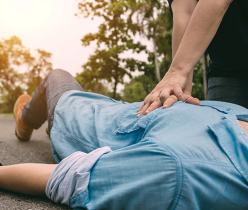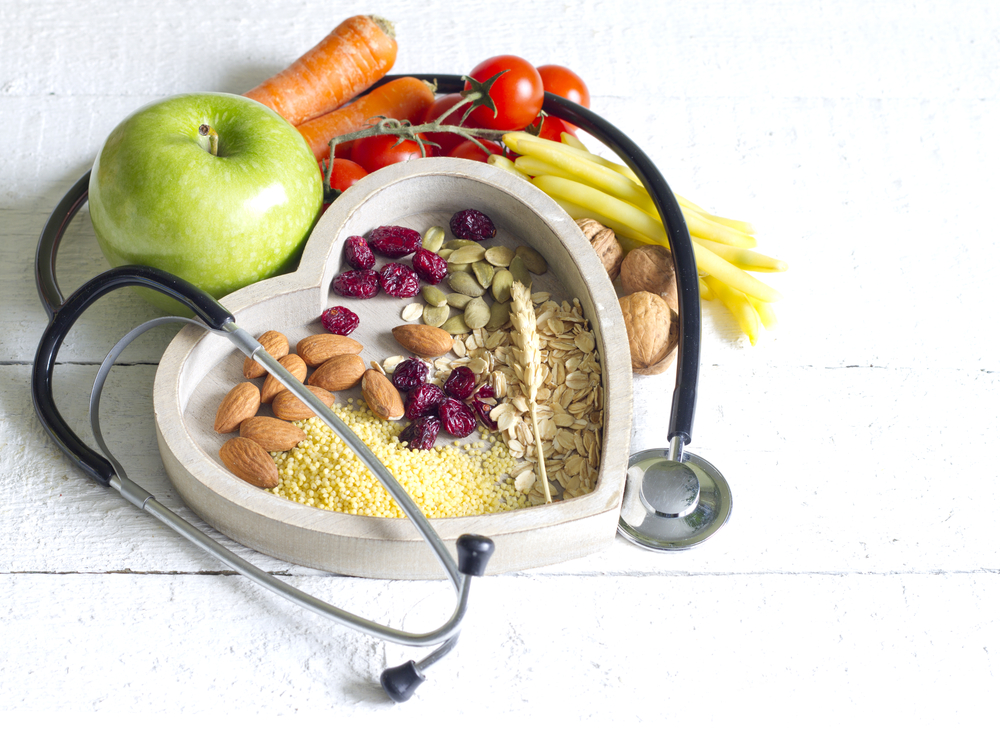For a healthy liver, it is necessary to get timely vaccinated for viral infections like hepatitis B. Dietary changes are also one of the important steps taken to improve or maintain your liver health.
Our liver plays a crucial role in keeping our body functioning. It is believed that the organ is vital because it performs more than 500 functions including processing everything you eat and drink. It transforms nutrients from the food we eat into essential blood components. The liver helps in the storage of essential vitamins and minerals and production of key proteins and enzymes that works to maintain hormonal balance in the body. Also, it assists our immune system in fighting infections and removing microorganism from the blood. The liver also helps in the bile production which is essential for digesting fats in your diet.
In the US, around 1 in 3 people have fat in their liver and body. Having non-alcoholic fatty liver disease (having excess fat stored in the liver) may lead to life-threatening conditions, including liver failure and liver cancer. Therefore, you need to keep the liver healthy and functioning because without it there is no life.
Care for your Liver
How to keep the liver healthy? There is nothing tricky about keeping your liver healthy. It’s all about following healthy lifestyle habits. Taking care of the liver is more about what you are eating or doing to nourish the liver. Here are 13 ways to look after your liver:
- Follow a balanced diet-Eat mindfully daily by highlighting the foods that will keep your liver healthy. A reduction in carbohydrates and total calories can improve the fat stored in the liver. The idea is to skip high fat and high sugar meal because high levels of fats in the blood may give rise to fatty liver disease. For a healthy liver eat fiber-rich foods such as fruits, vegetables, cereals, bread, rice, and whole grain. For fats, you can go with monounsaturated and polyunsaturated fats such as nuts seeds, vegetable oil, and fish.
- Keep an eye on your body weight- If you are obese or are overweight, you may be more likely to expose to the risk of fatty liver disease. Weight loss is important to reduce the risk of this fastest growing forms of the liver disorder.
- Have an active lifestyle- Regular physical activity is a key to the healthy body including a healthy liver. Exercising regularly helps your body to burn triglycerides for fuel, which assists in reducing liver fat. An exercise program including brisk walking or cycling and weight training may improve your liver function.
Also Read: Everything you need to know about a Liver Function Test
- Stay hydrated- Toxins that affect your liver and kidneys build up when you are dehydrated. Dehydration may have a direct impact on the ability of the liver to detoxify the body properly. So, to take care of the body, you need to remain hydrated. Hydration is essential, so drink at least eight glasses of water a day.
- Limit alcohol consumption- Excess alcohol can damage or even destroy your liver cells. Over time liver damage may lead to the building of fat in your liver which causes swelling or scarring of the liver, also called as liver cirrhosis. Speak to your doctor and discuss what amount is right for you.
- Manage your medications- Medications, if taken more than the prescribed amount, or you have used the wrong mix then you may cause harm to your liver cells. If you are unsure about whether the medicine you are using may cause liver damage, talk to your doctor. Make sure you are following the instructions carefully.
- Practice safe sex-Hepatitis B and C, including A, are the most dangerous forms of hepatitis viruses as they can cause long term liver damage. Hepatitis C can be transmitted through unprotected sexual intercourse or practicing sex with multiple partners.
- Maintain hygiene- Wash your hands with soap every time you use toilet., changed the diaper of your baby, or before preparing or eating food.
- Get vaccinated and protect yourself from hepatitis Viruses– Vaccines for hepatitis A and B viral liver infections are available. Get vaccinated to keep you safe from these viral infections.
- Avoid toxins- Environmental toxins are the most harmful when it comes to affecting the liver health. Other things that may affect the health of the liver include poor diet, infectious organisms, and alcohol. Exposure to harmful chemical in the environment including benzene, disinfectant, heavy metals, cigarette smoke, and pesticides can backlog the liver as it attempts to deactivate the effects of these poisonous molecules. Infectious organisms like hepatitis viruses are most dangerous and a major cause of liver inflammation. Any sort of chronic infection can damage liver cells. Therefore, it is vital to get liver protection to limit your direct contact with these harmful chemicals. Quit smoking, wear a mask whenever you step outside, and make sure your house is ventilated.
- Do not share personal hygiene items- Personal items such as a razor, nail clippers, or toothbrushes should not be shared with anyone because these can carry blood and body fluids that may be contaminated.
- Avoid contaminated needles- penetration of dirty sharp instruments or needles may be considered as unsafe practices. You may expose to viral infections with intravenous use of contaminated syringes and needles. Make sure your tattoo maker is using clean needles for a tattoo you or while doing body piercing.
- Avoid illicit drugs- Illicit drugs including marijuana, cocaine, or heroin that are used non-medically may cause damage to liver cells.



